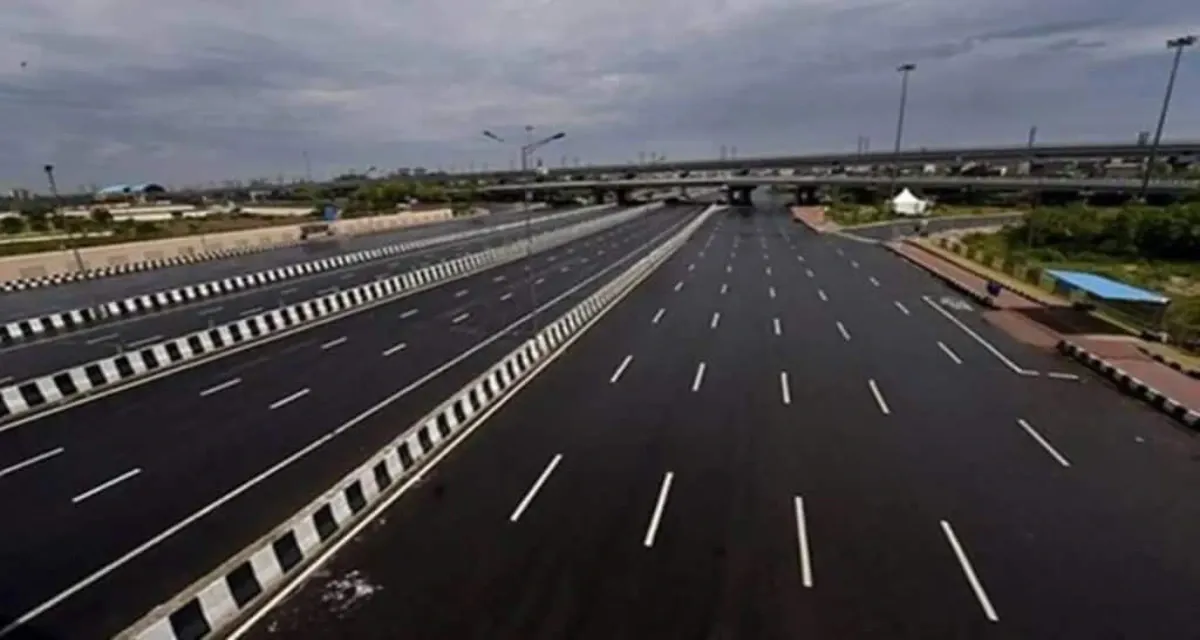

In a bold move to revolutionize the quality and functionality of wayside amenities along India's national highways, the National Highways Authority of India (NHAI) is shifting its approach. Traditionally, the responsibility of developing, managing, and maintaining these amenities fell on road contractors and concessionaires. However, with a vision to integrate global expertise and elevate user experience, NHAI is now opening up these opportunities to specialized companies through separate bids. This strategic shift aims to attract innovative designs and operational excellence from global and domestic players, ultimately transforming India’s highway landscape.
NHAI's new strategy involves separating the construction of wayside amenities (WSAs) from the broader road construction contracts. Previously, under various models like Engineering, Procurement and Construction (EPC), Hybrid Annuity Mode (HAM), and Build-Operate-Transfer (BOT), the development of WSAs was bundled with road construction. This bundling often led to suboptimal attention to amenities, as contractors prioritized the core task of building roads.
As of June 11, NHAI has outlined new guidelines that officially withdraw the responsibility of constructing WSAs from road contractors. This pivotal change allows for a more focused approach, attracting companies with specialized expertise in developing high-quality, user-centric facilities along highways.
The primary objective of this shift is to bring in global expertise and innovation in designing and operating WSAs. NHAI envisions these amenities not just as basic rest stops, but as comprehensive service hubs that cater to a wide range of needs for travelers. The initiative also aims to enhance the return on investment for developers and operators by making these amenities attractive and functional.
By segregating the responsibilities, NHAI hopes to:
Enhance Focus on WSAs: Companies dedicated to hospitality, retail, and fuel services can bring in their specialized skills to develop top-notch facilities.
Encourage Innovation: Inviting separate bids opens the door to creative and technologically advanced solutions for highway amenities.
Improve User Experience: With better amenities, the overall experience of highway users will be significantly enhanced, making travel more comfortable and enjoyable.
Boost Economic Opportunities: These WSAs will create lucrative opportunities for investors, developers, and operators, with projected returns ranging from 15-30% on capital investments between Rs 1-10 crore.
NHAI's ambitious plan includes establishing approximately 1,000 WSAs over the next five years, aiming for one every 50 kilometers along national highways. Out of these, 800 will be developed under the Public-Private-Partnership (PPP) model. In this arrangement, NHAI will provide the land and necessary permissions, while the private entities will handle development, operation, and maintenance for periods ranging from 15 to 30 years.
The planned amenities at each WSA are comprehensive and include:
Fuel Stations and EV Charging Points: Catering to both traditional and electric vehicles, ensuring that energy needs are met.
Food Courts and Restaurants: Offering a variety of dining options from quick snacks to full meals.
Convenience Stores and Dhabas: Providing essential goods and a taste of local cuisine.
Medical and Childcare Rooms: Ensuring safety and convenience for families and individuals.
Promotional Spaces for Local Artisans: Supporting local economies by giving artisans a platform to showcase and sell their products.
Drone Landing Facilities and Helipads: At larger sites, accommodating future needs for advanced transport and logistics solutions.
Industry experts have welcomed NHAI's decision. Jagannarayan Padmanabhan, Senior Director and Global Head of Consulting at Crisil Market Intelligence and Analytics, highlighted the benefits of this approach. According to Padmanabhan, "Segregating the works of road construction and wayside amenities will help in getting a great focus for the latter. This can also lead to greater customization and could garner interest from specialized players such as oil marketing companies and hospitality sector players."
This sentiment is echoed by many in the industry who believe that specialized focus on WSAs will lead to higher standards and more innovative solutions, significantly improving the infrastructure and user experience along India’s highways.
NHAI’s initiative to invite global expertise for developing world-class wayside amenities represents a significant shift in how highway services are conceptualized and executed in India. By segregating these responsibilities from traditional road contractors and focusing on attracting specialized players, NHAI aims to create a network of high-quality, innovative WSAs that cater to the evolving needs of travelers. This move not only promises to enhance the travel experience but also opens up new avenues for investment and economic growth, setting a new benchmark for highway infrastructure in India.
Also Read: